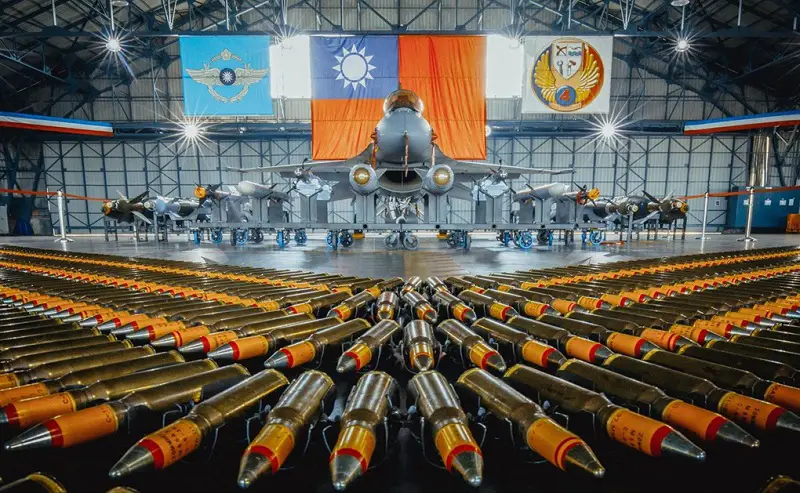BAE Systems, Endicott, New York, has been awarded a $92,000,000 contract to modify F-16 Hybrid Flight Control Computer (HFLCC) to digital capability. Work will be performed in Endicott, New York, and is expected to be complete by June 20, 2027. This contract involves Foreign Military Sales to the Republic of China Air Force (Taiwanese Air Force). This award is the result of a sole source acquisition. Fiscal 2020, 2021, and 2022 procurement funds in the amount of $32,185,046 are being obligated at the time of award. Air Force Life Cycle Management Center, Hill AFB, Utah, is the contracting activity. In August 2020, the U.S. State Department approved the FMS sale of 66 F-16C/D Block 70 fighter aircraft, along with related equipment and support, to Taiwan for an estimated cost of $8 billion.
Through the Hybrid Technology (Hy-Tech) program, U.S. Air Force researchers have developed the Hybrid Flight Control Computer (HFLCC), which enables integration of digital cards into F-16 Analog Flight Control Computers. The HFLCC allows F-16s that are not equipped with digital flight control computers to incorporate this critical collision avoidance technology. HFLCC introduces digital cards into the analog flight control computer of older F-16s, allowing them to run digital applications like Auto GCAS. The second HFLCC has been integrated into Lockheed Martin’s F-16 Handling Qualities Simulator to support software development and system test. To date, the HFLCC has
been integrated with the digital F-16 avionics facilitating testing of Auto GCAS with the HFLCC hardware in the loop.

Under the Phoenix Rising program, Taiwan is upgrading its fleet of 144 Lockheed Martin F-16 A/B Block 20 Fighting Falcon combat aircraft to the F-16V configuration. As part of the upgrade, the jets will be installed with Northrop Grumman AN/APG-83 Scalable Agile Beam Radar (SABR) Active Electronically Scanned Array (AESA) radar, new mission computers, and more advanced avionics and electronic warfare suite. The upgraded jet will also have the capability to be armed with new precision-guided weapons. The total cost of the program is estimated to be around $5.3 billion. The upgrades are being conducted by the Taiwanese state-owned aviation company, Aerospace Industrial Development Corp. (AIDC). The first upgraded jet was delivered to ROC Air Force in 2018 and the project is expected to be completed by 2023.
The Republic of China Air Force operates a total of 150 F-16A/B blocks 20 aircraft, which are essentially identical to MLU aircraft. Taiwan is planning to acquire 66 F-16C/D blocks 70 aircraft shortly, mainly to counter the perceived threat from mainland China. Although the Taiwanese F-16s are build to MLU standards, they are becoming a bit obsolete and certainly compared with the new hardware mainland China has put into place over the past years. To counter this a $5.3 billion deal was put forward to update the existing F-16s. In 2016 it became apparent that a larger update package was anticipated, covering most items previously mentioned (including the PF100-PW-229 engines). Lockheed expanded this package further ultimately becoming a new subblock. The package is called F-16V configuration, which is also represented as new-build block 70 airframes.















